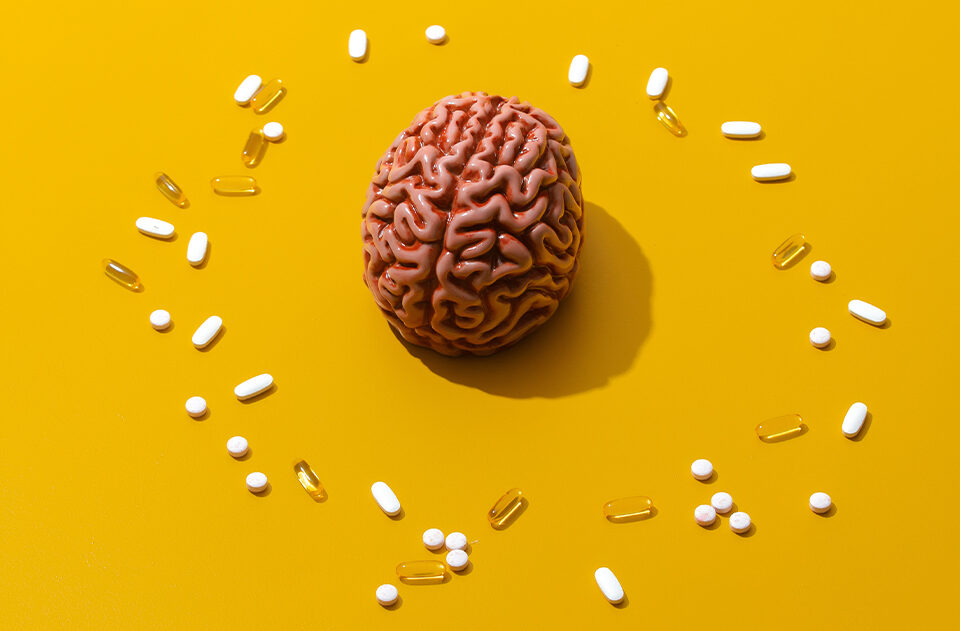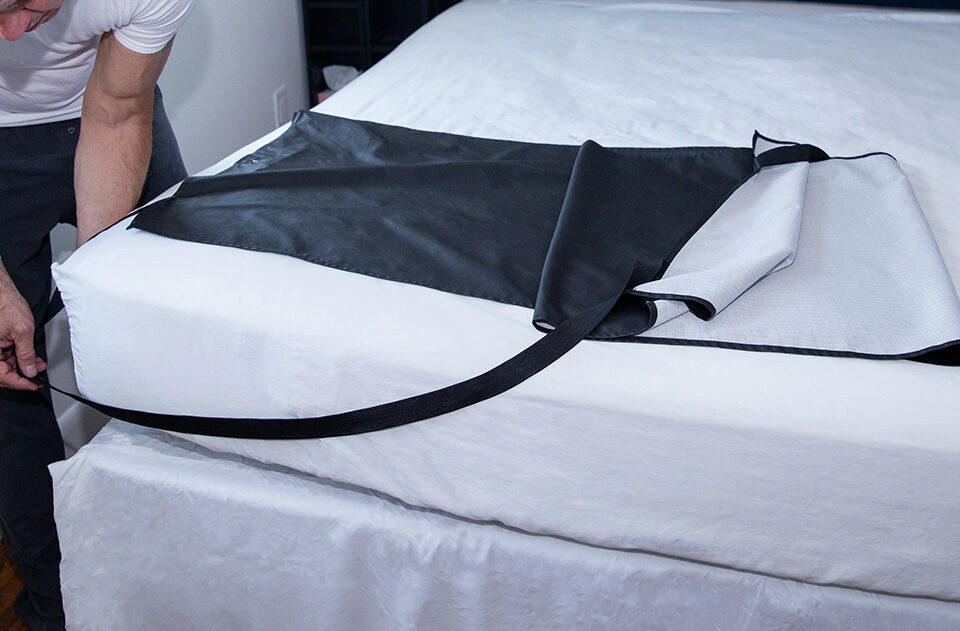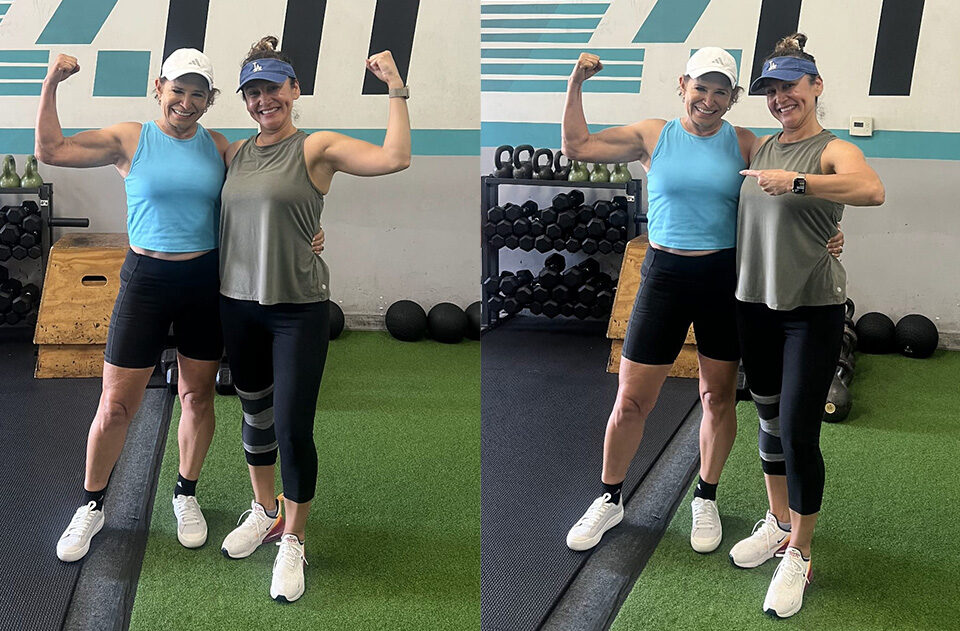Longevity Defined by Our Cells

When it comes to human life expectancy, age is truly just a number. What really matters is your biological, or physiological, age. In this blog, lets dive into what’s seems to be on a lot of our minds- how do we age slower and live longer.
What Is Your Biological Age?
We’ve all experienced it- meeting someone who looks much younger, or older, than their chronological age. Chronological age is the number of years a person has been alive, while biological age refers to how a person’s cells have aged every year that they have been alive. Our cells do not celebrate our birthday with us. Our tissues, organs and blood reflect our biological age. It is a measurement of our age based on various factors, such as our genetics, demographics, diet and exercise habits. Once you know your biological age, you can make lifestyle changes that may improve your overall health.
How Is Biological Age Calculated?
In order to calculate the age of our cells, scientists look at DNA methylation, or a “mark” in our DNA. Our complete DNA is our genome, which holds the blueprint for building the proteins that carry out different functions in a cell. Chemical compounds and proteins that attach to our DNA are called epigenome. When epigenetic compounds attach to DNA, they have “marked” our DNA. These marks (methylation) change the way cells read the DNA’s blueprint. Scientists take a sample of cells and look at specific parts of the genome to see which cells have DNA methylation.
What Is the Horvath Clock?
In the world of geneticists, Steve Horvath is often considered the longevity expert. He is the founder of the Epigenetic clock, commonly referred to as the Horvath clock. His clock is based on studying 353 markers on DNA. These markers signify the way cells are behaving/functioning, thus giving an idea on their aging. The more efficient a cell runs, the younger one’s biological age. Depending on which gene has methylation, the clock is also able to predict the onset of future ailments, such as breast cancer. With epigenetic age estimates and information on blood cell composition, Horvath also discovered how to estimate the time for death. Now while not many of us would care to know exactly when we will die, you can find out your biological age using this link, with a 20% discount.
Is It Possible to Slow Down the Aging of Our Cells?
We play a part in our longevity health through lifestyle and dietary choices. The saying “mother knows best” can easily apply here. Here are some lifestyle tips on staying younger- at a cellular level:
- Stop Smoking
The Chemicals in tobacco smoke cause inflammation and cell damage, thus leaving damaging DNA methylation markers. - Get enough sleep
Researchers and scientists have proven that sleeping improves memory recall and helps regulate the metabolism in the body; all while reducing mental fatigue. When you get enough sleep throughout the night, cellular waste byproducts, which may have accumulated, are more thoroughly removed. - Chill out
Although stress is a common for many adults, chronic stress is very detrimental to our health. It leads to cortisol being repeatedly released, and high levels of cortisol increase cell damage through oxidation. “Cortisol also counteracts an important telomere-lengthening enzyme called telomerase. So, too much cortisol speeds up the shortening of our protective telomeres, and accelerates aging” - Exercise
Research has shown that those who exercise regularly have defied the aging process by having the immunity, muscle mass, and cholesterol levels of a chronologically younger person. Staying active keeps the body young and healthy. - Intermittent fasting
Calorie restricted eating has proven to help remove cellular waste, reduce inflammation and help you live longer. Another added benefit- Intermittent fasting can also help you shed excess pounds. Read my blog on the topic here.
What About Nutrition for Longevity?
Probably the biggest factor in keeping our bodies biologically young is how you choose to fuel it.
Cut out the carbs and sugar
There is so much research showing how a diet high in carbohydrates and sugar negatively affects our bodies. Ultimately, carbs and sugar turn into glucose in our blood. Our body responds by releasing hormones to regulate it. Too much glucose can lead to insulin resistance, which can progress into worse diseases. Increased glucose intake increases inflammation, thus accelerating aging in our cells.
Are There Any Longevity Supplements?
In order for our cells to run most efficiently, it is key to avoid any nutritional deficiencies. A high quality multi-vitamin and omega 3 oil supplement is one way to support this. You can also focus on eating a variety of fresh vegetables with every meal, opting for different colored ones to help broaden your spectrum of nutrients. Studies also suggest that boosting you NAD+ levels along with Resveratrol enhance our cell metabolism and slow down the process of aging. But it is important that you purchase this supplement from a reputable and trusted supplier. There are a lot of fakes out there. You can order these supplements on my website. Nicotinamide Riboside, turns into an NAD partner with Resveratrol and when a healthy good fat is taken, you are boosting your longevity pathways. Buy this combo here.
The Final Word
It is possible to surpass the average human life expectancy and live a longer, healthier life! The first step is adhering to a longevity health plan. Following my lifestyle tips above and eating a healthy, low-carb diet are the fundamentals. For a more in-depth and personalized plan, I am always available. You can schedule time with me here.





